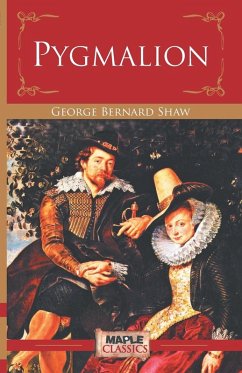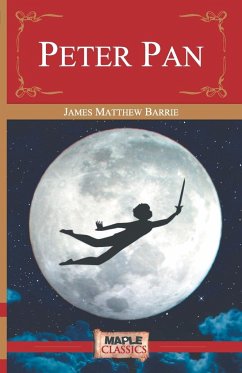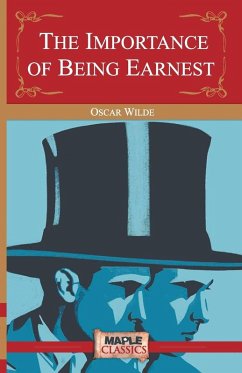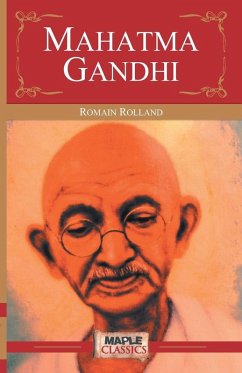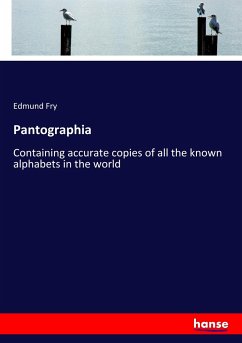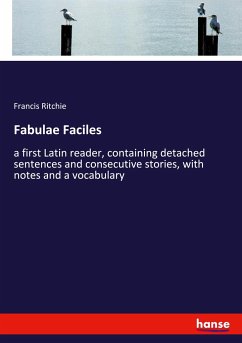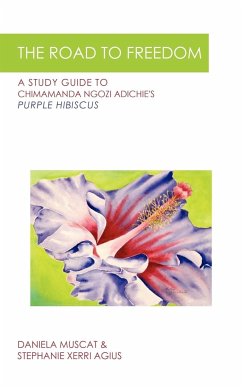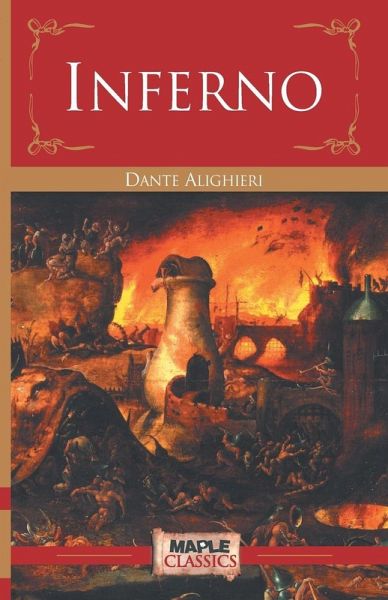
Inferno
Versandkostenfrei!
Versandfertig in 1-2 Wochen
25,99 €
inkl. MwSt.

PAYBACK Punkte
13 °P sammeln!
?Because your question searches for deep meaning, I shall explain in simple words?Inferno is an epic poem written by Dante Alighieri and is a part of the Divine Comedy. It visualizes Dante?s spiritual journey, where he travels down through nine concentric circles embarking the readers through the dark and gloomy corners of hell, where Dante encounters how souls in the inferno suffer for their sins.The poem foregrounds the immortality of the soul as it paints a soul's journey through the ?city of woes?, where punishment is ?eternal? and the cursed are ?lost?. Regarded as one of the classics of ...
?Because your question searches for deep meaning, I shall explain in simple words?Inferno is an epic poem written by Dante Alighieri and is a part of the Divine Comedy. It visualizes Dante?s spiritual journey, where he travels down through nine concentric circles embarking the readers through the dark and gloomy corners of hell, where Dante encounters how souls in the inferno suffer for their sins.The poem foregrounds the immortality of the soul as it paints a soul's journey through the ?city of woes?, where punishment is ?eternal? and the cursed are ?lost?. Regarded as one of the classics of Italian literature, Inferno is a truly a masterpiece.



